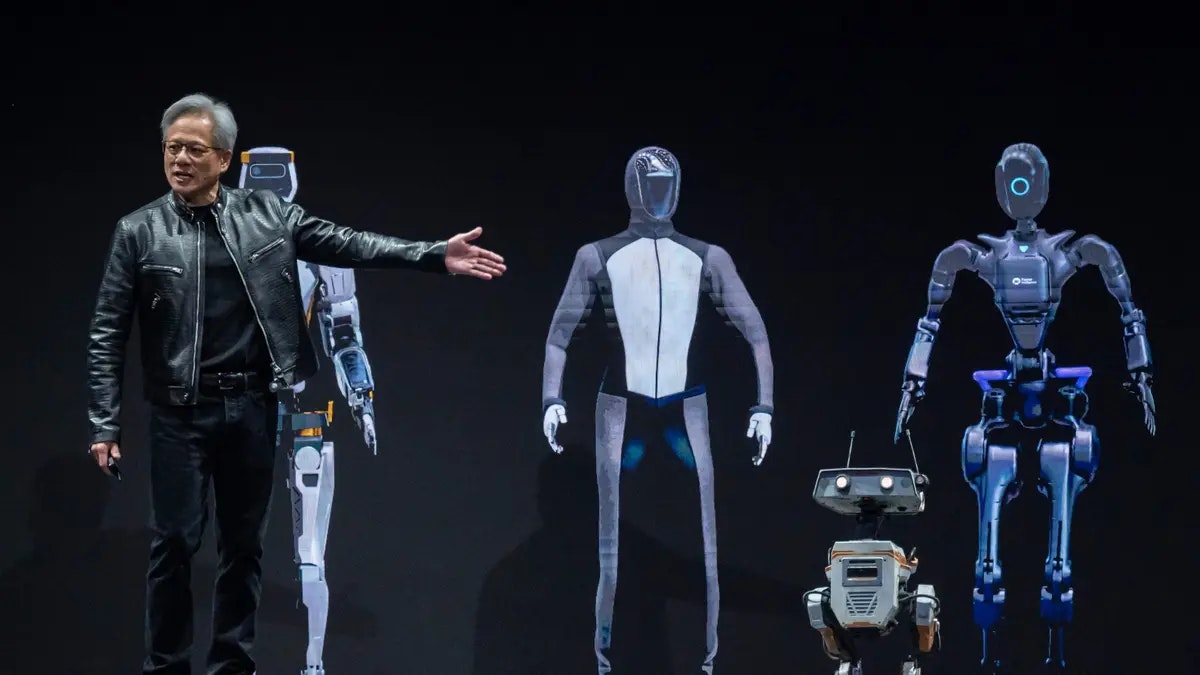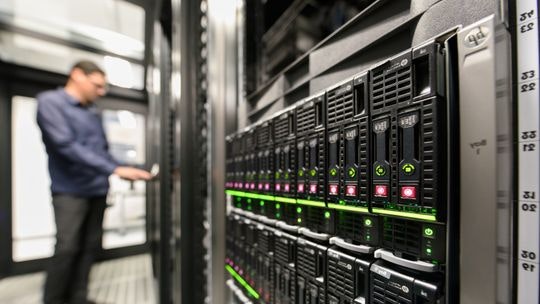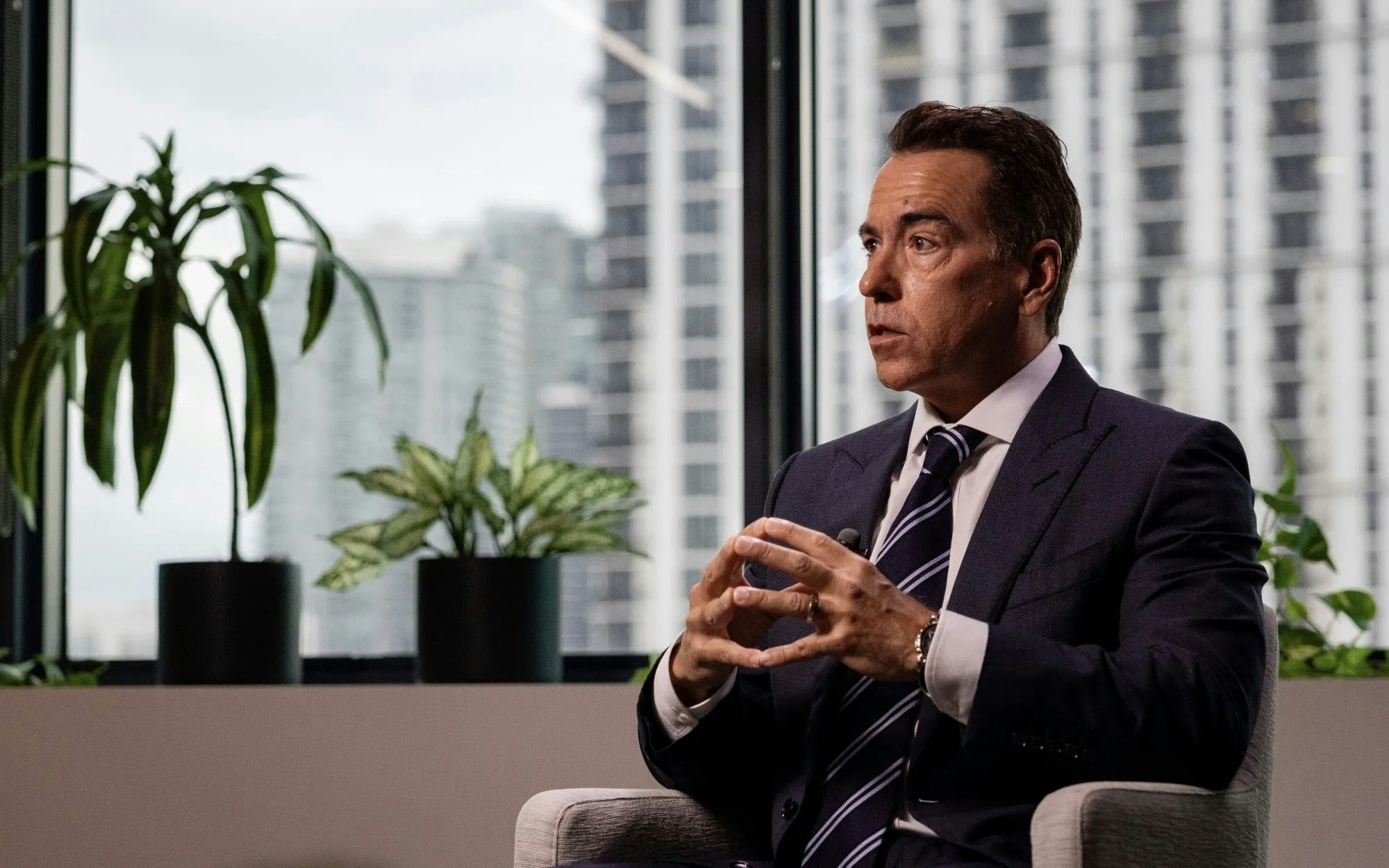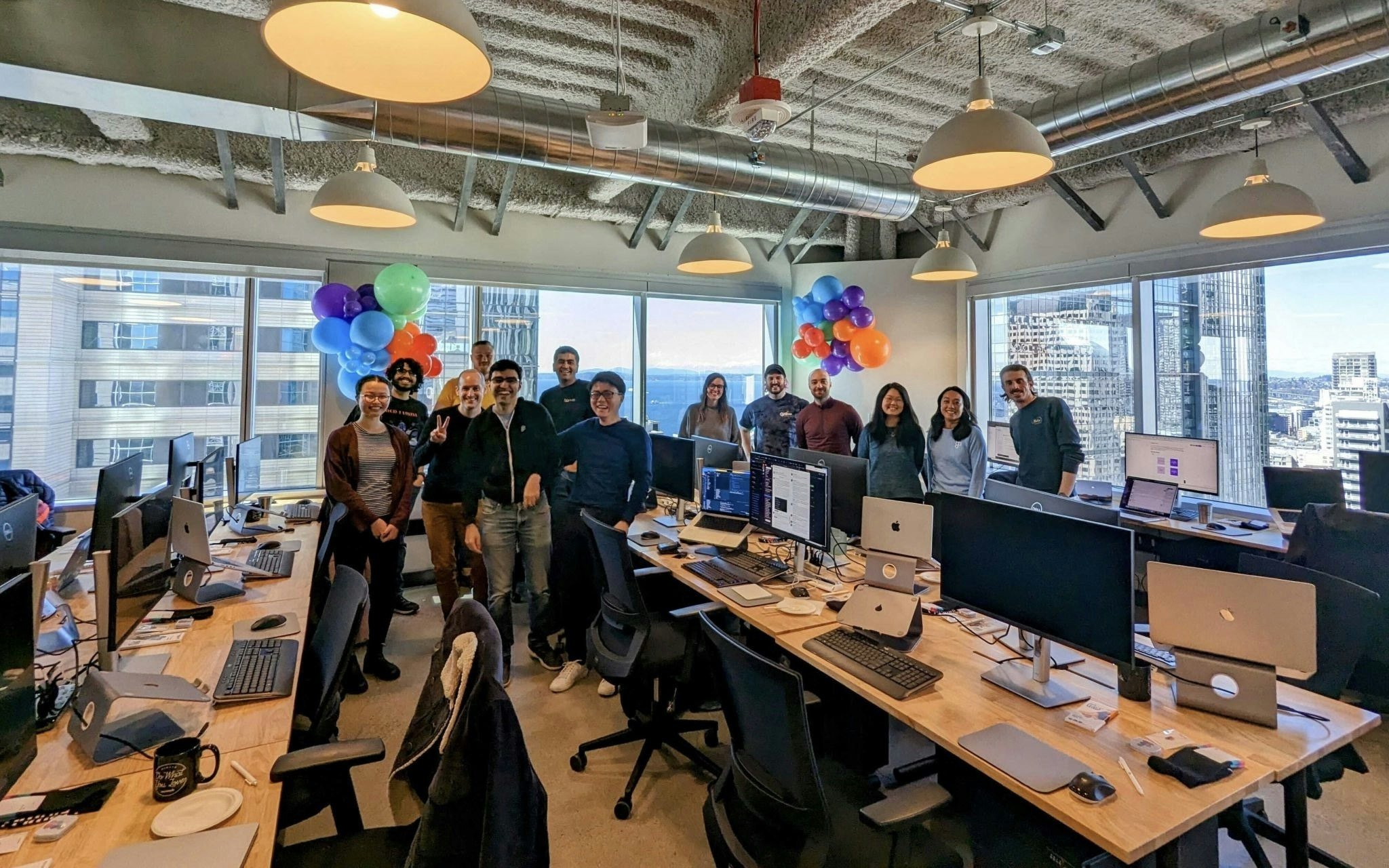Technology
Nvidia advances revolution in robotics and forms AI partnership with Toyota
Nvidia expands its AI strategy with humanoid robots and a partnership with Toyota to tap into new markets.

Nvidia CEO Jensen Huang presented new AI products at CES in Las Vegas, including models for humanoid robots and a partnership with Toyota in the field of self-driving cars. Huang described the potential of robotics as a "multi-trillion dollar" opportunity, outlining the next growth phase for the company. Nvidia, which recently reached a market capitalization of over 3 trillion dollars, is expanding its business beyond semiconductors. The focus is on AI-powered software solutions for smart factories, warehouses, autonomous vehicles, and humanoid robots. According to Huang, robotics is at a technological turning point, as AI accelerates the simulation of physical worlds and the generation of large amounts of data.
The company presented the "Cosmos" platform, which provides basic AI models for developers for free. These were trained on 20 million hours of video material and are expected to bring similar advances in robotics as language models have for applications like ChatGPT. Alongside the Cosmos platform, Nvidia also unveiled the "GR00T Blueprint" models for humanoid robots, which are expected to significantly accelerate the development of such robots. Additionally, Huang introduced new tools for the development and testing of fleets of factory and warehouse robots, as well as for training autonomous vehicles.
With Toyota, Nvidia plans to integrate its self-driving vehicle technology, a significant expansion of its presence in the automotive sector. Although robotics and the Omniverse platform business still make up small revenue shares – 486 million dollars in the "professional visualization" area and 449 million dollars in the automotive and robotics segment last quarter – Nvidia expects market growth to 38 billion dollars in the next two decades for humanoid robots alone.
Bank of America praised Nvidia's strategy to advance "Physical AI" but warned of challenges in terms of costs, reliability, and scalability of the products.






